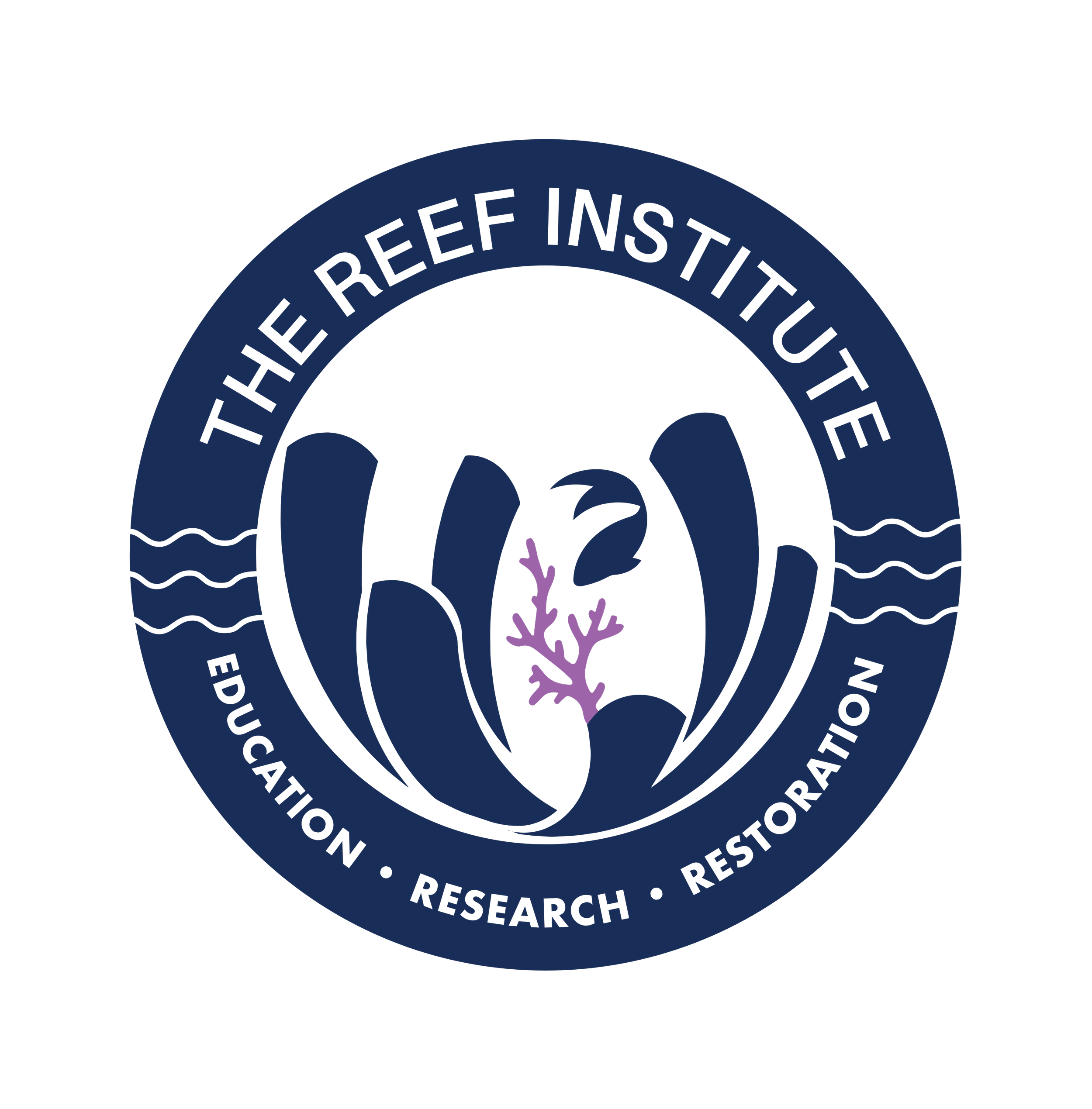Rescue to Reef
RESCUE
LIVE Bio-Banking:
TRI plays a vital role in the Florida Coral Rescue and Propagation Project (FCRPP). This collaborative initiative involves multiple partners working to combat Stony Coral Tissue Loss Disease (SCTLD), which severely affects coral reefs across the Caribbean.
One of TRI's primary goals is to conserve the genetic diversity of vulnerable coral species through biobanking. In 2019, TRI became a long-term holding facility within the FCRPP, specifically for at-risk Florida corals rescued from disease-affected areas. It is currently the only holding facility in Palm Beach County, housing hundreds of coral colonies from 26 species.
TRI is one of two biobanks established to rescue threatened species from the Florida Keys. With rising ocean temperatures in 2023, the Acropora cervicornis (staghorn) and Acropora palmata (elkhorn) corals face an increased risk of severe bleaching events. NOAA recommended that these threatened species be included in a rescue biobank.
Through this program, TRI has received coral colonies from various partners, including the Coral Restoration Foundation, MOTE Marine Labs, the University of Miami, Nova Southeastern University, and Reef Renewal USA, for land-based rescue efforts. TRI is dedicated to safeguarding these corals at their facility, which holds duplicates of every genetic lineage of elkhorn coral found throughout the Keys.
Additionally, TRI serves as the official land-based biobank for the Coral Restoration Foundation, housing duplicate genetic samples of all the corals found in their ocean nurseries in the Keys. Biobanking ensures that there is a way forward if ocean conditions continue to deteriorate. TRI's commitment to these initiatives marks a significant advancement in preserving Florida's coral reefs, which are vital to the state’s ecosystem and economy.
TRI utilizes indoor closed systems to simulate natural conditions and supports coral restoration in various ways, including promoting natural spawning, nurturing juvenile corals, and enhancing coral growth. Since 2018, they have developed these systems to care for several species of reef-building corals, including some of the rarest colonies in Florida. Furthermore, TRI's systems facilitate research and accelerate coral growth through amplification techniques designed for restoration.
RESCUE:
TRI keeps space set aside for other rescue needs this includes space available for emergencies like hurricanes, or other unforeseen issues that happen in Florida.
CONSERVE
Microfragmentation:
Microfragmentation is a process that involves breaking apart a larger piece of coral to create smaller colony pieces. This technique allows for the production of cloned fragments that can be used for research or restoration purposes. The Reef Institute utilizes this method to amplify existing coral lineages, producing thousands of comparable fragments in just one year. TRI aims to expedite the process by studying coral growth under controlled conditions. Additionally, researchers have discovered that coral can grow 20% faster when fragmented and allowed to reattach, resulting in quicker development into reproducible-sized colonies.
Reproduction:
The Reef Institute has successfully achieved indoor spawning (reproduction) for two coral species. This successful spawning marks a significant milestone for scalability and future restoration efforts. TRI plans to continue breeding more coral species in a controlled environment as a part of its current efforts.
In addition, we are the only facility in Florida breeding *Favia fragum* in captivity, with the first batch of juveniles released into the ocean in Spring 2023.
Juvenile Rearing:
The Reef Institute (TRI) is actively engaged in restoring Florida's coral reefs by utilizing juvenile corals reared in their laboratory for both research and out-planting initiatives. TRI has successfully settled six different coral species derived from both lab-spawned and wild corals. They have received coral larvae from the Florida Coral Rescue Center and the Florida Aquarium. In their research, the Reef Institute has focused on settlement trials to enhance the survival rates of juvenile corals, achieving notable success in coral settlement. The juvenile corals cultivated in TRI's lab are prepared for future out-planting efforts, significantly contributing to the restoration of Florida's coral reefs.
RESTORE
Outplanting:
The Reef Institute has been outplanting corals in Palm Beach County since November 2022. Alongside Palm Beach County Environmental Resource Management, TRI was the first organization to outplant juvenile corals in the northern part of Florida’s Coral Reefs. TRI is currently the only organization actively engaged in outplanting juvenile corals for restoration efforts in Palm Beach County. We take pride in being the first organization in Florida to outplant juvenile corals at a depth of fifty feet for restoration purposes.
TRI continues to actively outplant corals across Palm Beach County, refining scalable methods to restore our reefs effectively.
Our ultimate goal is to conclude all of TRI's land-based initiatives with ocean-bound coral restoration. The “rescue to reef” plan transitions from biobanking to reproduction, juvenile rearing, and ultimately to outplanting corals in the ocean. TRI’s innovation focuses on local nearshore research, ecologically engineered reefs, and Caribbean restoration efforts.





